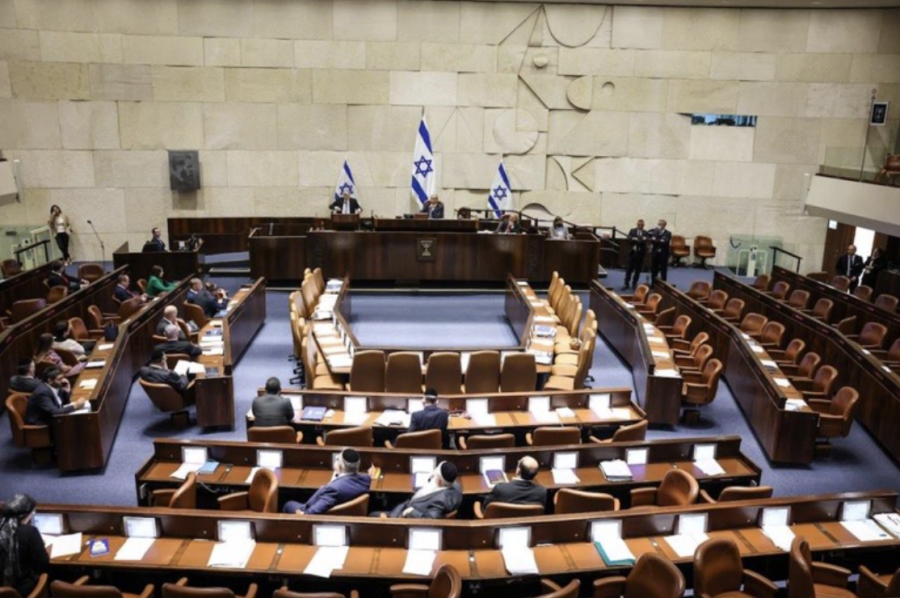Outcomes of the Israeli Election
Another election in Israel has come and gone, and like every other, the outcomes have brought in an explosion of concern. Since the birth of the country 74 years ago, Israeli politics have been a confusing and complex topic. On November first, Israelis went to vote for their new government. Many were not shocked when Binyamin Netanyahu’s party, HaLikud, won the election in a landslide. This will be Netanyahu’s third time being Prime Minister of Israel, and although many are thrilled with the outcomes of the election, many are tremendously worried.
In Netanyahu’s fifteen years as Prime Minister, he has made many controversial decisions and promises. One of the more concerning promises he made was the decision to fund Haredi schools in Israel in order to gain more votes and have the Haredi party join his coalition.
If Benyamin Netanyahu funds these schools, they would continue to not provide their students with a secular education and would not send their boys to the army. The religious loophole that the Haredis use will continue to drain man-power from the army. Will this policy continue to weaken the Israeli Army? Does it send a message to warring nations about our country’s priorities?
Another major concern I have about the upcoming coalition is the amount of members in Knesset extremist parties have. Politicians like Itamar Ben Gvir could be detrimental to the country and their efforts at peace. Ben Gvir was convicted supporting terrorism and inciting racism and violence in 2007. Placing someone like him in the position of border control and national security could devastate the country and potentially sabotage their efforts at avoiding war. Netanyahu had to rely on extrimist right-winged parties in order to win the election, and this could place Israel in an uncomfortable and dangerous position.
This election is analogous to the story of Channukah, where there were Hellenistic Jews against the traditional, Orthodox Jews. Many Jews were giving in to pressure and assimilating, whilst their brothers and sisters were maintaining the traditions of the Jewish people, causing much discomfort and confusion.
Similarly, in 2022, Israelis are playing a game of tug-of-war with their country and their government. There is a battle with the fight to recognize and experience the country’s historical and halachic identity with the common urge to maintain the wild and exciting day to day life surrounded by Jews. There is a fight to either have a Jewish nation versus religious Jewish nation, and Benyamin Netanyahu cannot pick both in order to form a strong coalition. The coalition may be strong, but the extremist right views could be catastrophic for the country. I hope that the new structure of the Knesset will be an upward climb for Israel, rather than a downhill one.




